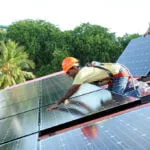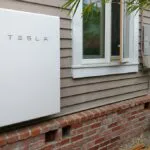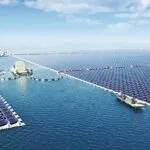Solar panels are a long-term investment in clean, renewable energy. Proper maintenance is essential for ensuring your solar panels operate at peak efficiency and provide reliable power for years. This guide will provide you with essential tips on solar panel maintenance, helping you maximize the efficiency and longevity of your solar energy system.
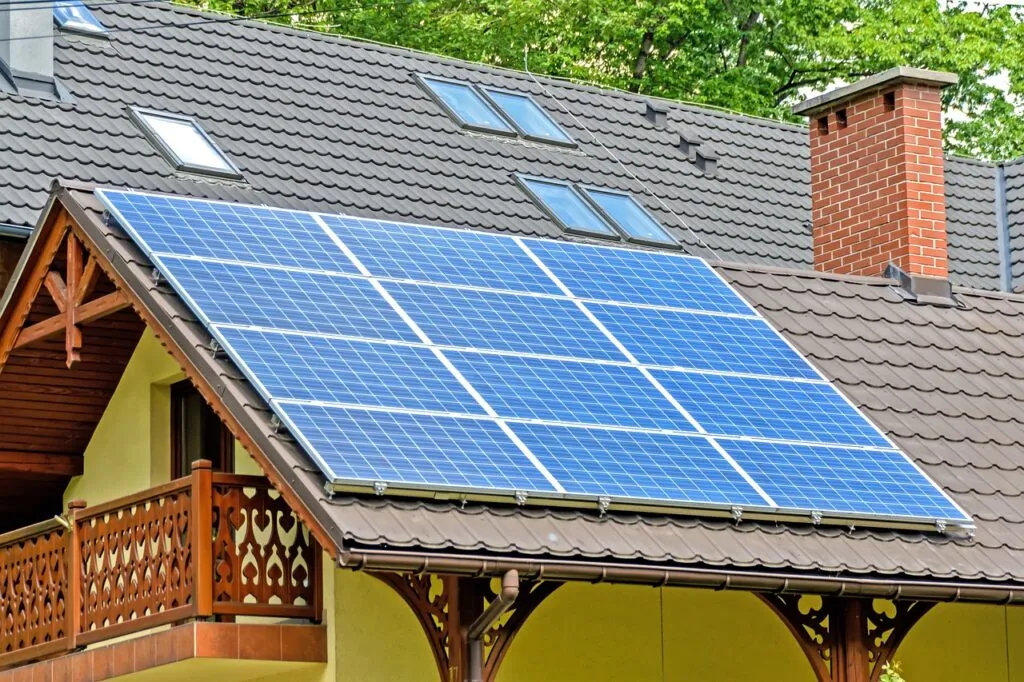
Inspecting Your Solar Panels Regularly
Regular inspection of your solar panels is vital to maintaining their efficiency. Some of the key aspects you should be monitoring include:
Physical Inspection
Conduct a visual inspection of your solar panels every few months, checking for any signs of damage, dirt, or debris. Be on the lookout for:
- Cracked or broken glass
- Discoloration or delamination
- Loose or damaged mounting hardware
- Corrosion or water damage around the frame or mounting system
Electrical Inspection
Inspect the electrical connections, cables, and inverters to ensure they are in good working order. Keep an eye out for:
- Loose, frayed, or damaged wiring
- Signs of overheating, such as melted or discolored insulation
- Damaged or malfunctioning inverters
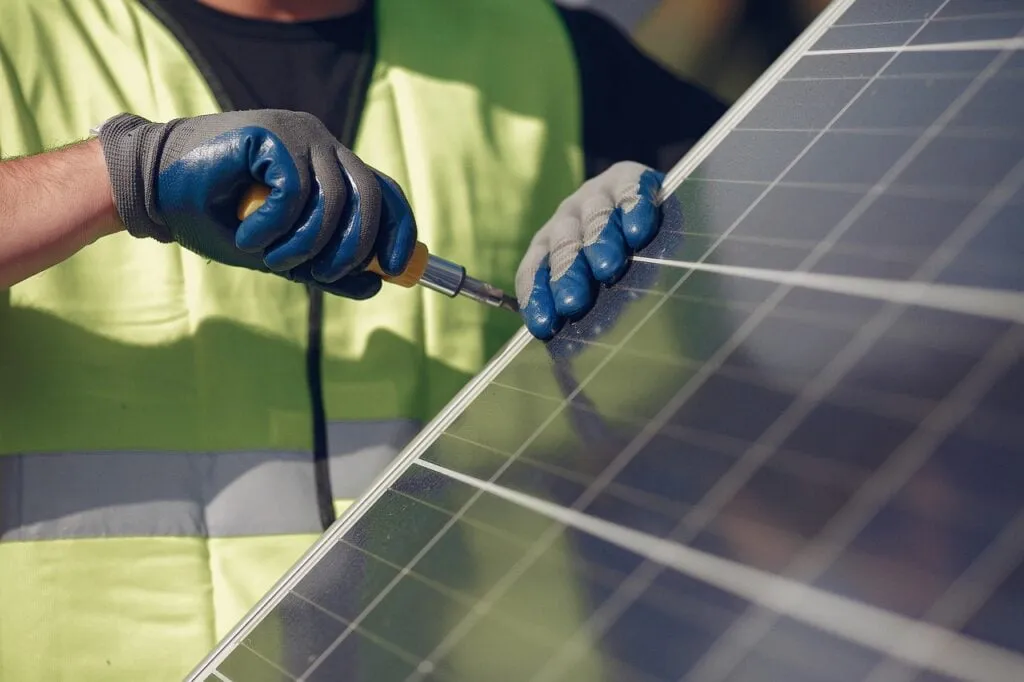
Keeping Your Solar Panels Clean
Dirt, dust, and debris can accumulate on your solar panels over time, reducing their efficiency. To keep your solar panels clean:
- Monitor Panel Performance. Your monitoring system will help you monitor your solar panels’ performance. A significant drop in energy output may indicate that it’s time to clean them.
- Use a Soft Brush and Mild Detergent. When cleaning your solar panels, use a soft brush and a mild, biodegradable detergent to remove dirt and debris gently. Avoid abrasive cleaners or tools that could scratch the glass surface.
- Clean During Cooler Times of the Day. To prevent thermal stress on your solar panels, clean them during the early morning or late afternoon when temperatures are cooler.
- Rinse Thoroughly with Water. After cleaning, rinse your solar panels thoroughly with water to remove any remaining detergent residue.

Soft brushes won’t scratch your panels.
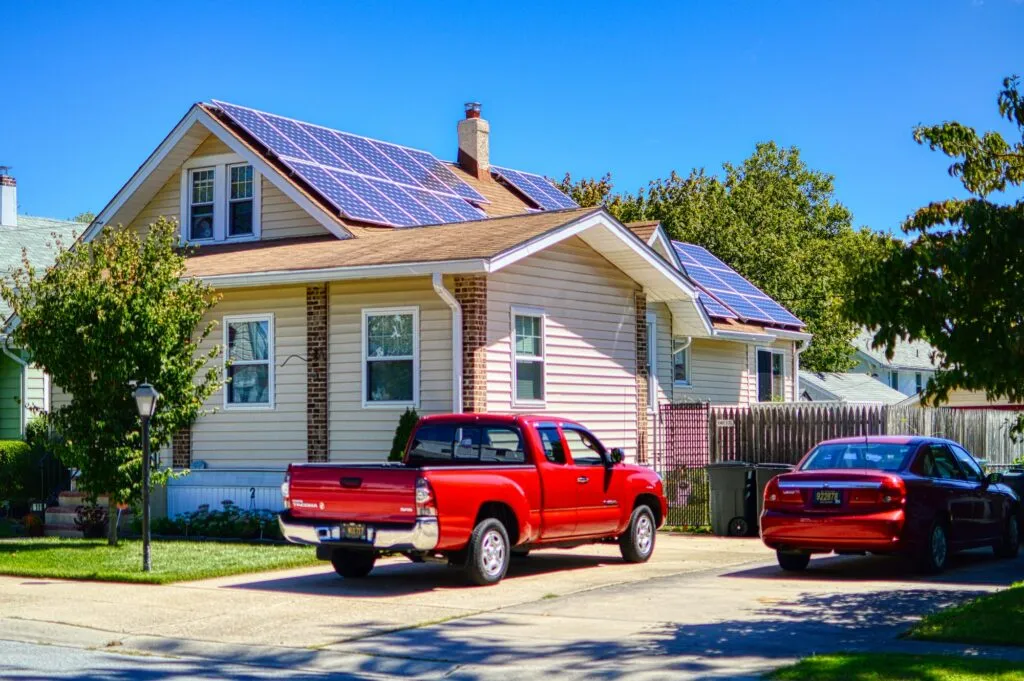
Maintaining the Solar Panel Mounting System
The mounting system is critical in keeping your solar panels securely in place. To maintain the integrity of the mounting system:
- Inspect for Corrosion and Damage. Regularly check for signs of corrosion, especially in metal components, and replace any damaged parts as needed.
- Tighten Loose Hardware. During regular inspections, check for loose nuts, bolts, and clamps and tighten them to ensure your solar panels remain securely mounted.
- Check for Proper Alignment. Ensure your solar panels are correctly aligned and positioned to maximize sun exposure. Misaligned panels can reduce energy production.
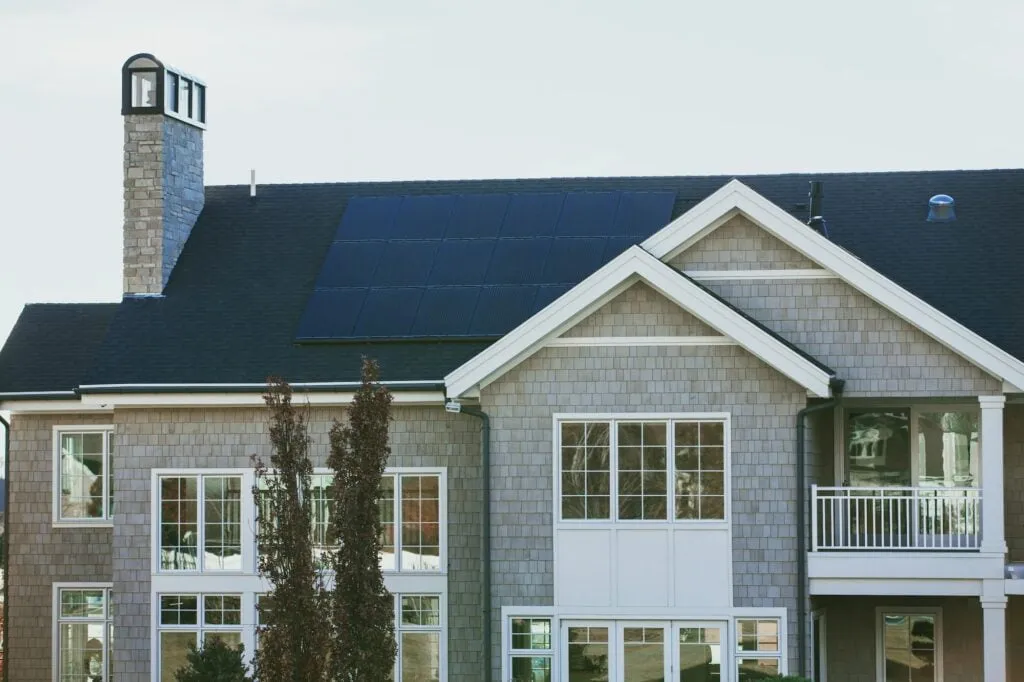
Monitoring System Health and Performance
Monitoring your solar energy system’s health and performance is essential for identifying potential issues and ensuring optimal efficiency. Consider the following:
- Invest in a Solar Monitoring System. A solar monitoring system lets you track your solar panels’ performance in real-time, providing valuable insights into energy production, consumption, and potential issues.
- Review Monitoring Data Regularly. Review your monitoring data regularly to identify any sudden drops in energy production, which could indicate a need for maintenance or repair.
- Schedule Professional Inspections. Have a professional solar technician inspect your solar energy system at least once every few years to identify and address any potential issues before they become significant problems.
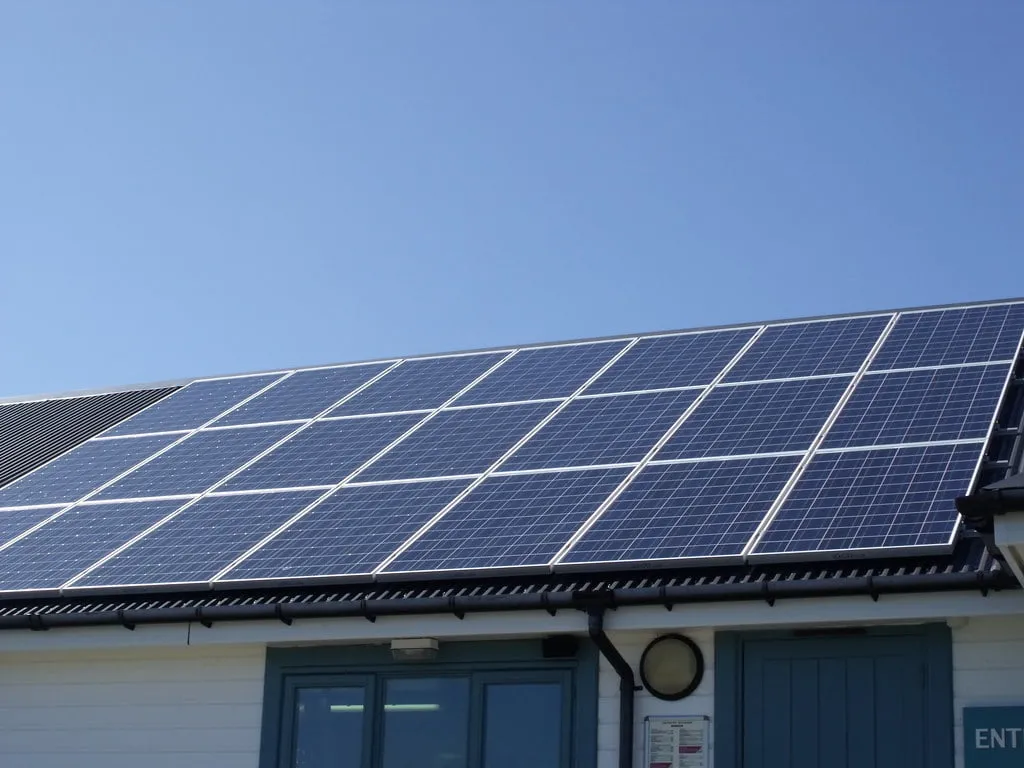
Protecting Your Solar Panels from Pests
Birds, rodents, and insects can cause damage to your solar panels and wiring. To protect your solar energy system from pests:
- Install Pest Deterrent Devices. Consider installing pest deterrent devices, such as bird spikes, netting, or ultrasonic repellers, to keep pests away from your solar panels.
- Regularly Inspect for Signs of Pests. During your routine solar panel inspections, check for signs of pest infestation, such as nests, droppings, or chewed wires.
- Seal Gaps and Entry Points. Seal gaps or entry points around your roof and mounting system to prevent pests from accessing your solar panels.

Preparing Your Solar Panels for Extreme Weather
Extreme weather conditions can impact the performance and lifespan of your solar panels. To protect your solar energy system from harsh weather:
- Install a Robust Mounting System. Ensure your solar panels are securely mounted using a high-quality mounting system that can withstand strong winds, heavy snow loads, and other extreme weather conditions.
- Regularly Clear Snow and Debris. After a heavy snowfall, gently clear snow from your solar panels using a soft brush to prevent damage and maintain energy production. Keep the area around your solar panels clear of debris that could become airborne during high winds.
- Monitor Local Weather Conditions. Stay informed about local weather conditions, such as storms, hail, or high winds, to anticipate potential impacts on your solar panels and take appropriate precautions.
Wrapping Up
Proper maintenance is key to ensuring that your solar panels operate at peak efficiency and provide you with clean, renewable energy for many years. By regularly inspecting your solar panels, keeping them clean, maintaining the mounting system, monitoring system performance, protecting against pests, and preparing for extreme weather, you can maximize the efficiency and longevity of your solar energy system. Investing time and effort in proper solar panel maintenance will pay off in the long run, helping you enjoy the benefits of solar power for years to come.



